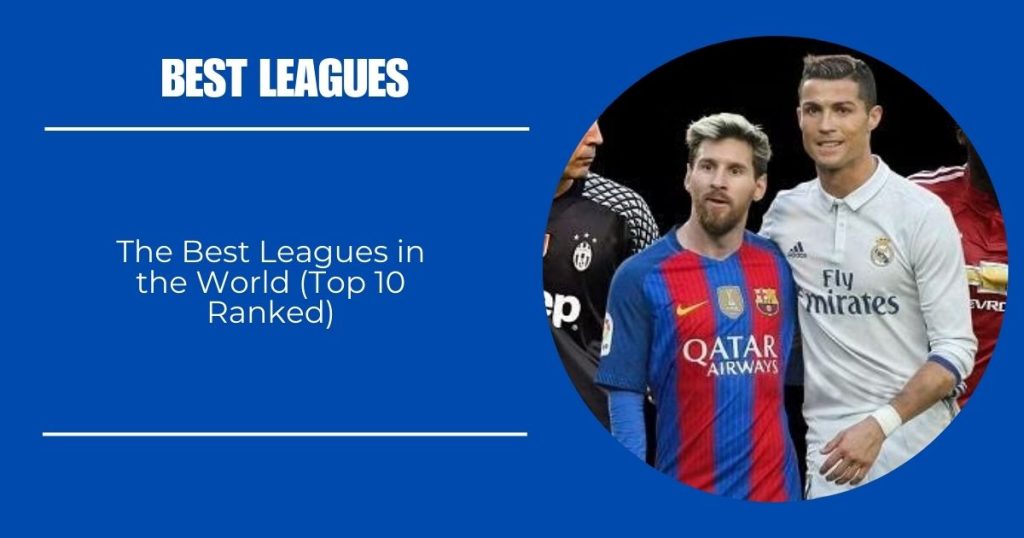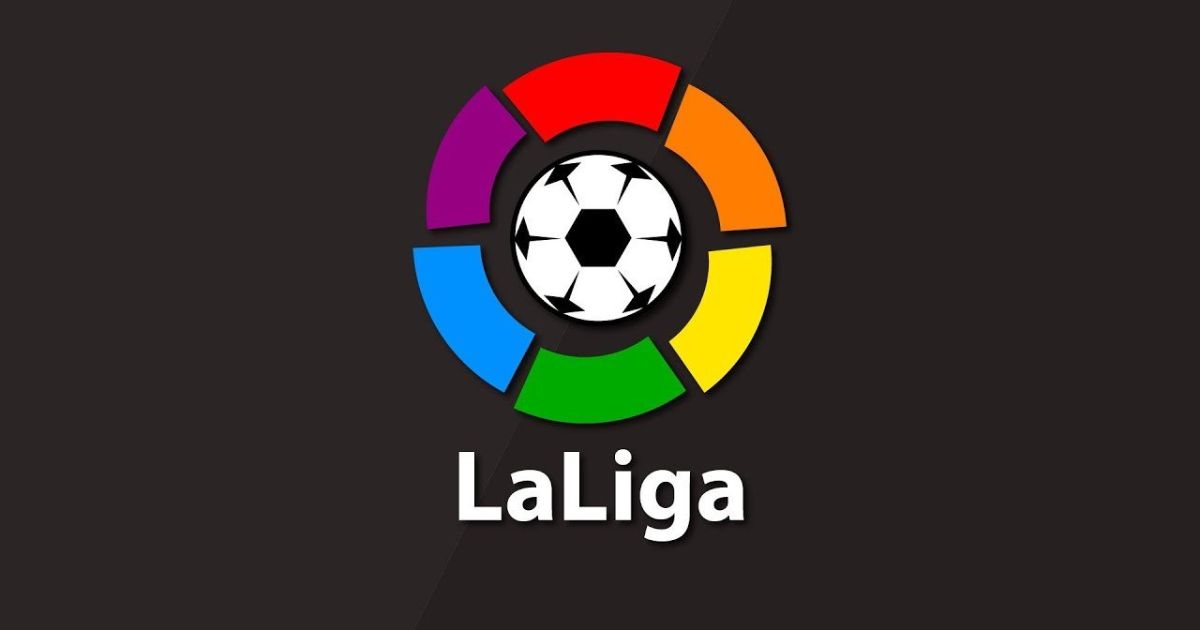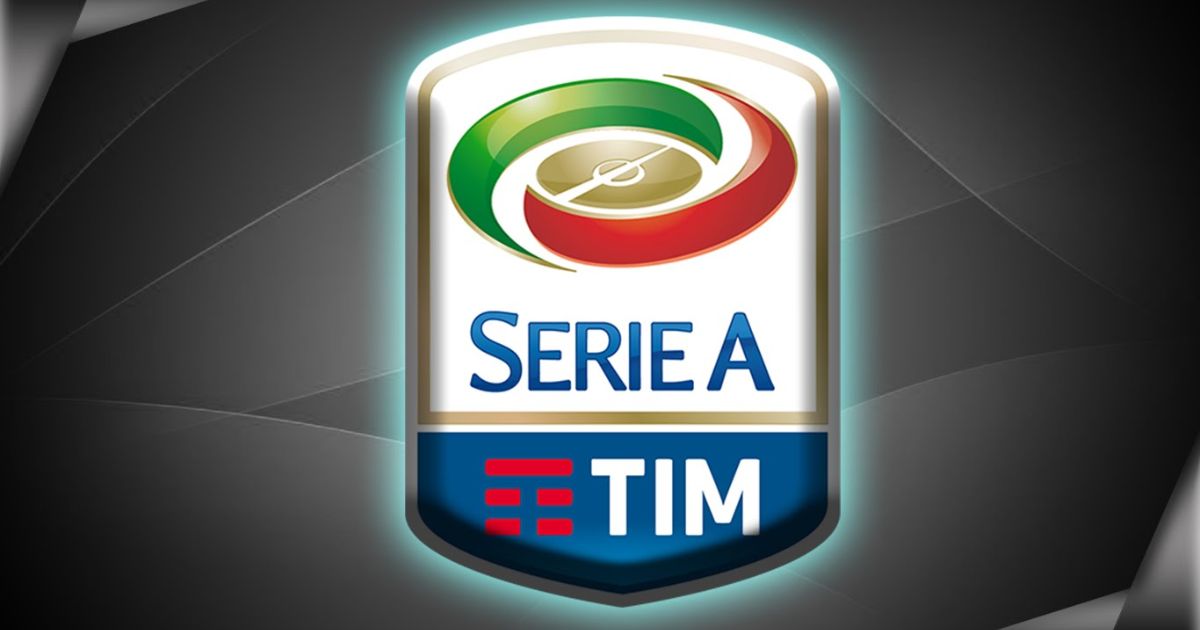Football is more than just a sport; it’s a global phenomenon that connects millions of passionate fans across continents. In this definitive guide, we explore the most prestigious and exciting football leagues that define the beautiful game’s landscape.
Our ranking considers multiple crucial factors including talent production, competitive intensity, global influence, financial power, and historical significance.
1. Premier League (England)
The Premier League stands as the pinnacle of global football excellence, representing a perfect fusion of competitive spirit, financial prowess, and unparalleled entertainment. This extraordinary league has consistently set the gold standard in world football, attracting legendary players like Cristiano Ronaldo and managers of exceptional caliber.
What distinguishes the Premier League is its remarkable unpredictability. Unlike other leagues where championship outcomes seem predetermined, English football offers genuine excitement where any team can triumph on any given day. Iconic clubs such as Manchester United, Liverpool, and Chelsea contribute to an ecosystem of intense rivalries and breathtaking performances.
The league’s financial infrastructure enables unprecedented player acquisitions and wage structures, drawing global superstars who seek the most challenging and rewarding football environment. Broadcast across hundreds of countries, the Premier League transcends mere sporting competition, becoming a global cultural phenomenon that captivates millions.
Modern stadiums like Anfield and Old Trafford aren’t just venues; they’re cathedrals of football where passionate fan bases create electric atmospheres that define the sport’s emotional core. The depth of talent across teams ensures that every match becomes a potential classic, making the Premier League an unrivaled spectacle of athletic excellence.
2. La Liga (Spain)
La Liga represents the epitome of tactical sophistication and technical brilliance in world football. Historically home to legends like Lionel Messi and Cristiano Ronaldo, the league continues to showcase extraordinary footballing intelligence and creativity.
Clubs like FC Barcelona and Real Madrid have transformed football into an art form, emphasizing possession-based strategies and intricate passing networks. The El Clásico rivalry remains one of the most watched sporting events globally, symbolizing more than just a football match but a cultural phenomenon.
Spanish football’s commitment to youth development through academies like La Masia ensures a continuous pipeline of world-class talents. The tactical nuance introduced by managers such as Pep Guardiola has revolutionized global football strategies, making La Liga a crucible of innovation.
3. Bundesliga (Germany)
The Bundesliga epitomizes financial prudence, fan engagement, and youth development. German football’s unique “50+1” ownership model ensures clubs remain connected to their communities, creating an unparalleled fan experience.
Bayern Munich and Borussia Dortmund represent more than football clubs; they are institutions that prioritize sustainable growth and player development. The league’s emphasis on young talent has produced global icons like Mesut Özil and Thomas Müller.
4. Serie A (Italy)
Serie A remains synonymous with tactical mastery and defensive excellence. Clubs like Juventus, AC Milan, and Inter Milan have historically defined football’s strategic dimensions, producing legendary defenders such as Paolo Maldini.
The league’s tactical sophistication represents a chess-like approach to football, where strategic positioning and intelligent game management reign supreme. Despite evolving global trends, Serie A maintains its unique philosophical approach to the game.
5. Ligue 1 (France)
Ligue 1, propelled by Paris Saint-Germain and remarkable talent production, continues to be a breeding ground for global football stars. Kylian Mbappé, Thierry Henry, and Zinedine Zidane represent the league’s extraordinary talent pipeline.
6. Brasileirão (Brazil)
The Brazilian league remains an unparalleled talent factory, having produced legends like Pelé, Ronaldo, and Neymar. Flamengo and Corinthians symbolize the passionate football culture that defines South American football.
7. Primera División (Argentina)
Argentina’s league continues to be a magical realm of football creativity, having given the world Diego Maradona and Lionel Messi. The technical brilliance and passionate fan culture make it a unique footballing environment.
8. Primeira Liga (Portugal)
The Portuguese league serves as a remarkable talent export platform, having launched careers of Cristiano Ronaldo, João Félix, and Bernardo Silva. FC Porto and Benfica represent excellence in player development.
Click For More Information: Yankees Vs Houston Astros Match Player Stats
9. Eredivisie (Netherlands)
Ajax and other Dutch clubs continue to prioritize attacking football and youth development, producing technically exceptional players who transform global football.
10. Major League Soccer (USA/Canada)
With Lionel Messi’s arrival, MLS has experienced unprecedented growth, positioning itself as an emerging global football destination.
Conclusion
These leagues represent more than competitive platforms; they are cultural institutions that inspire, entertain, and connect humanity through the universal language of football.
Brazil National Football Team aArgentina National Football Team Lineups




